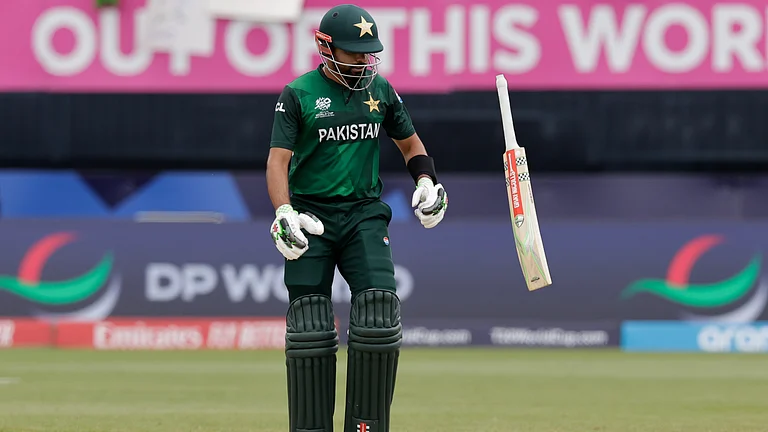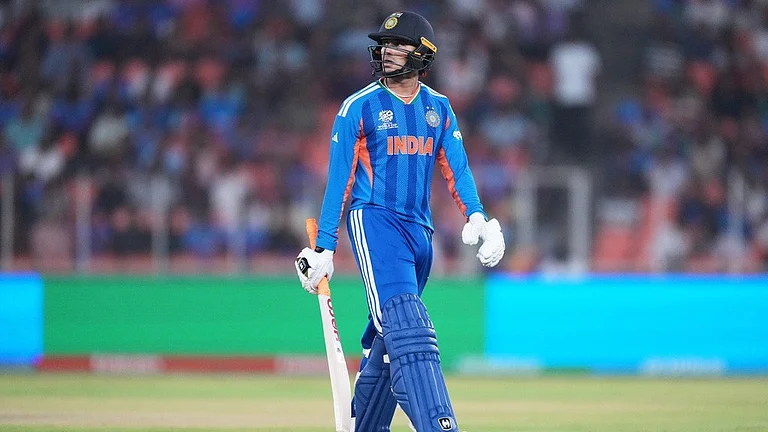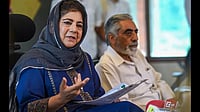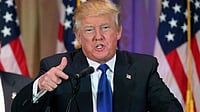Take only a few of the faces visible across Malaysian public life. The two prominent counsel for ousted deputy premier Dato' Seri Anwar Ibrahim are Sikhs. One is Gurbachan Singh. The other, Karpal Singh, is the more flamboyant of the two and happens to be a high-profile MP from the opposition Democratic Action Party. And Tan Sri S.S. Gill, who died recently at the age of 84, was the first Indian chief justice in Malaysia. Three among a phalanx of Sikh professionals who are a success in just about every field in Malaysia. One of the most prominent Kuala Lumpur ophthalmologists today, Dr Hardeep Singh, is a Sikh, as is Dr Keshmahinder Singh, the figure he replaced.
The Sikhs have remained a compact Indian community, their lives still linked to the gurudwara as a social unit, if not a religious one. Some have shed the turbans, or married outside the faith. But, as taxi driver Harnam Singh, 67, says: "When you live far away from Punjab, you have to adapt." Of Harnam Singh's three sons, one is a doctor, another an engineer, the third a school teacher.
Though they have assimilated quickly, Sikhs in Malaysia also identify with their brethren back in India. For instance, during Operation Bluestar, Malaysia's Sikhs changed their turbans to a uniform black in protest; in one gurudwara, sweets were passed around when Indira Gandhi was shot by a Sikh in 1983. The black turbans can still be seen, though several professionals say they wear it for cosmetic rather than political reasons.





















